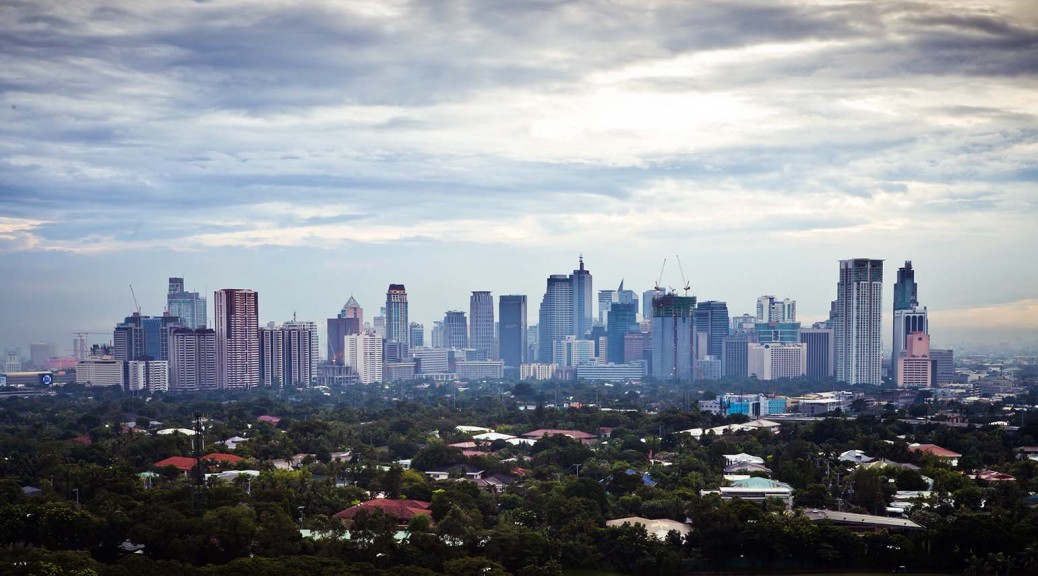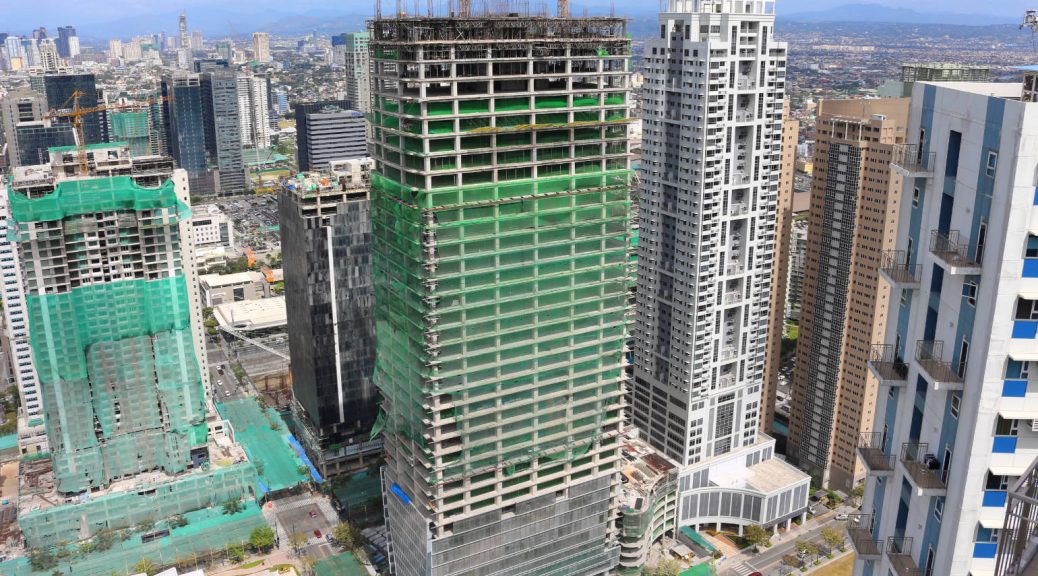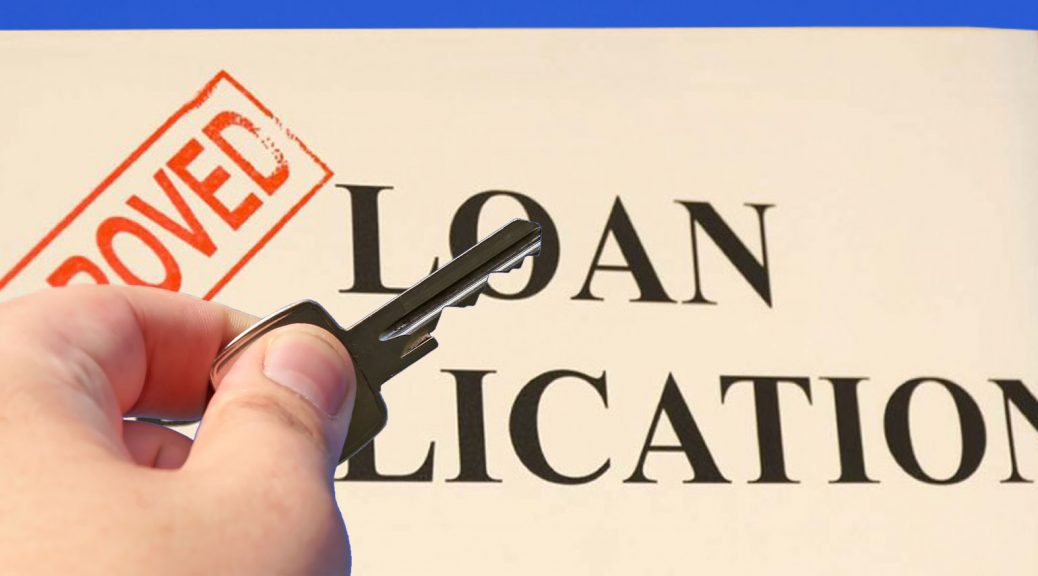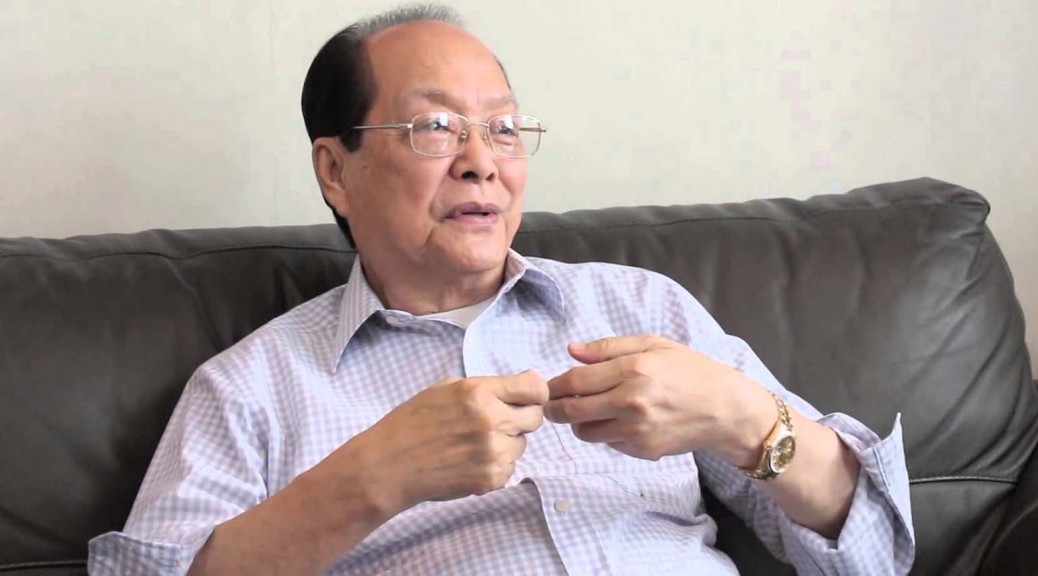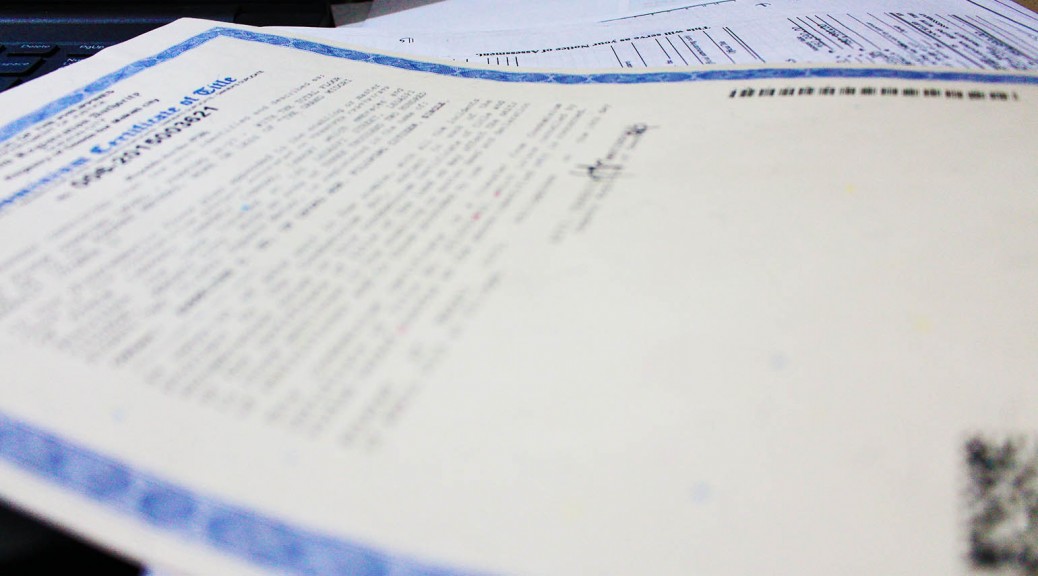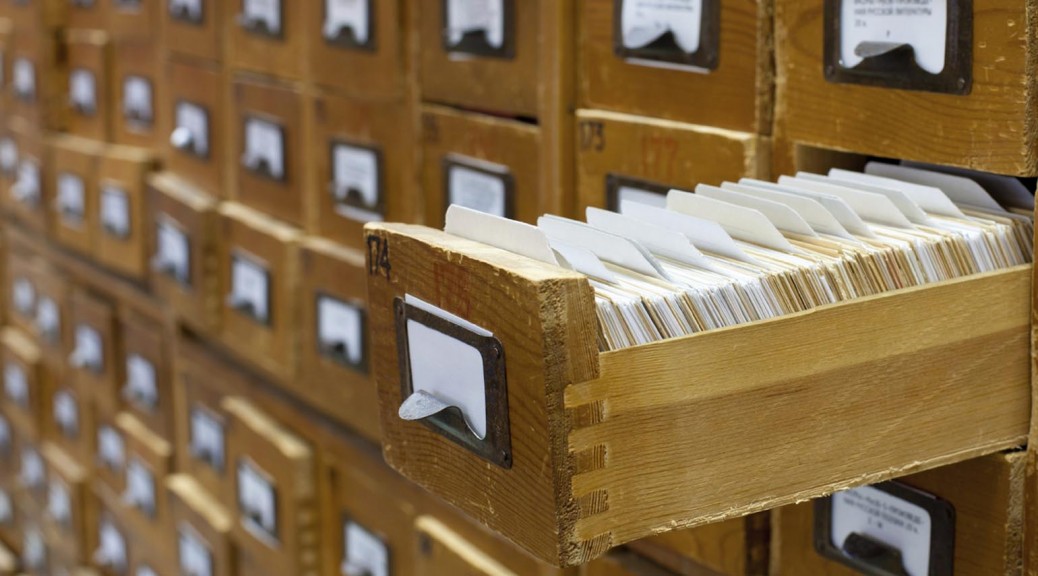
Where to Verify Authenticity of Property Titles
To avoid scams and fraudulent transactions, an important step to take in real estate transactions is to check property titles and verify their authenticity.
As a follow up to our previous post on how to spot a fake title in 30 seconds, here are the places you should go to, for verifying the validity and authenticity of a property title, assuming the title presented to you by the seller passed your first tests.
-
Registry of Deeds
The most widely known stop for verifing the title of a real property is the registry of deeds. Your local Registry of Deeds is the public repository of “Titles” for titled and untitled real properties in your city or municipality.
Despite computerization efforts of the government, a number of municipalities are still registering properties and subsequent transfers manually. So it is important to personally visit the Registry of Deeds of the locality where the property is located, to do the initial verification.
-
Municipal or City Assessor’s & Treasurer’s Offices
The Assessor’s office is where you’ll find the accurate technical description of the property. Requisition for vicinity map of the subject property for BIR clearance or DAR clearance purposes can be done in this office.
On the other hand, the Treasurer’s office holds the record for real property tax payments, arrears and delinquencies.
Remember, these offices only issue clearances, certified copies and maps where they hold jurisdiction of the property.
-
Housing and Land Use Regulatory Board (HLURB)
This is where to seek consultation and submit complaints specifically for condominium and subdivision developments. Before any subdivision or condominium project can start selling, advertising or offering a project, permits and approvals should be secured first from HLURB.
HLURB is the lead government agency responsible for the following matters involving subdivision and condominium developments:
- Registration and licenses of subdivision and condominium projects, farm lots, memorial parks and columbaria, including the issuance of licenses to sell by developers.
- Observe and check the progress or quality of development and construction of registered/licensed projects.
- Update and revise rules, guidelines and standards on housing and real estate.
- Evaluates and approve (or disapprove) Master Deed and Declaration of Restrictions of condominium projects, and any amendment or revocation.
- Registers and supervises Home Owners’ Association activities.
- Requires the mandatory registration of real estate brokers, dealers and salesmen engaged in selling developments under HLURB jurisdiction.
- Serves as adjudication body for the following: disputes between developers and buyers, intra (inter) homeowners associations conflicts, appeals from decisions of local zoning bodies.
-
Land Registration Authority (LRA)
LRA is the agency of the government which is responsible for issuing decrees of registration, certificates of title and register documents, awards and patents.
They are the repository of all titles in the Philippines. The LRA is a good place to do further back tracing of the property history.
-
Department of Environment and Natural Resources (DENR), Bases conversion and development authority (BCDA), National Housing Authority (NHA)
These are some government agencies responsible for the issuance of special grants or awards to qualified beneficiaries.
One of the duties and responsibilities of DENR is to approve (or disapprove) the application of public land patents (e.g. homestead, free patent, sales patent).
BCDA is one of the government owned and controlled corporations in the country. Its main job is to transform former military bases into more productive civilian use. Some notable projects of BCDA are the Pamayanang Diego Silang Condominiums in Bonifacio Global City in Taguig, and the New Port City in Pasay.
NHA is another government owned and controlled corporation which spearheads housing programs primarily for the lowest 30% of the urban population.
Here’s how to know when to go to which one of these offices:
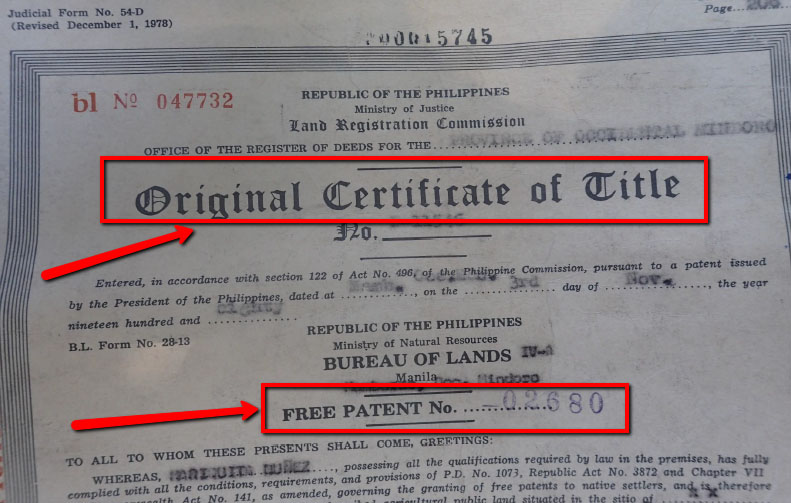
In the above title, the heading says it is an Original Certificate, meaning no prior transfer has been made. Therefore, the appropriate places to verify the authenticity of this document is the Registry of Deeds and the LRA. Further, it also says that this title was acquired through free patent, the grant of ownership from DENR – more specifically, the Bureau of Lands.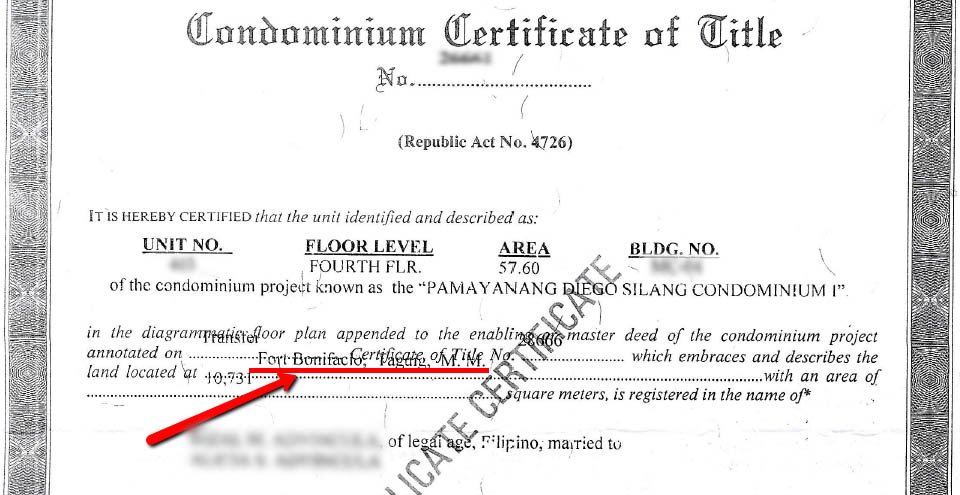
The above is a Condominium Certificate of Title. Note the location of this property which is in Fort Bonifacio, Taguig – a former military base. Therefore, to back trace the origin of this title will involve checking with the BCDA.
Again, stay safe from fake title scams everyone.
Would you rather have professionals do the title research and verification for you? Contact us today and experience our award-winning work and client support that will save you tons of headaches along the way.
-
deric
-
bernadette carriedo
-
Mega Star
-
-
Hannablice Lutrigad
-
Hannablice Lutrigad
-
Joshua Socialscoop
-
Sheryl Yoshida
-
Sheryl Yoshida
-
Vanessa
-
Me Maui
-
Ann Verlyn Madelo
-
V FOR VENDETTA
-
Jemalyn Salado
-
-
claire
-
Angile Batbata
-
mikogel
-
Kathy Bayonito-Garcia
-
Jennemel Everhart
-
-
Nasser Macarido
-
Lin Dan
-
Ana Sara Punzalan
-
-
Francis Alvin Tan
-
Maristel Cortez
-
Lyra Cruz
-
Flor Serajem Acerden
-
Vincent John Clariza
-
Wayne Tomlinson




